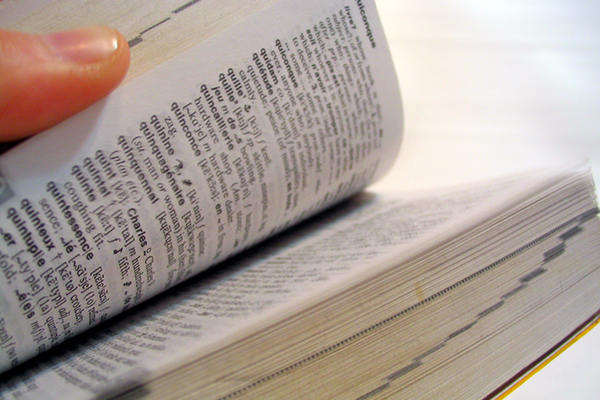Why some slang dies out and some remains

A new Monash University study is exploring Australian slang from its origins to today.
Professor of Linguistics, Kate Burridge, said most slang dies out very quickly.
“Most of it does disappear … it’s got to be new and exciting, it’s got to grab attention, and sheer use kind of saps these words of their energy,” she told Ross and Russel.
But occasionally a word has exceptional staying power.
“If slang survives then it normally becomes ordinary language,” Professor Burridge said.
“Words like clever, or nowadays, or abominably, they were all considered horrid slang in early English.”
Professor Burridge said there are a few Australian slang words that still remain and have kept their scruffiness.
“Words like bludger, and yarn, and mug,” she said.
“These were around in very early times and they’ve not only survived by they’re still quite slangy.”
Press PLAY below for more.















